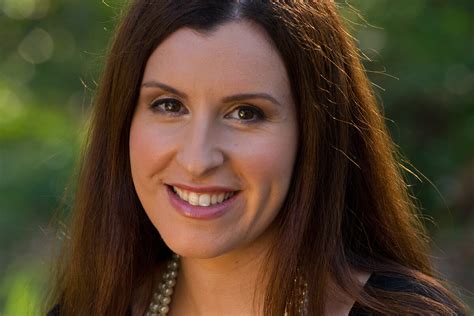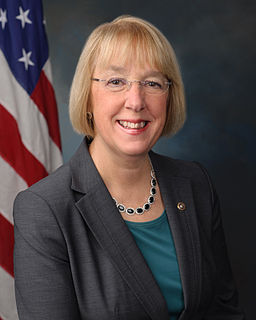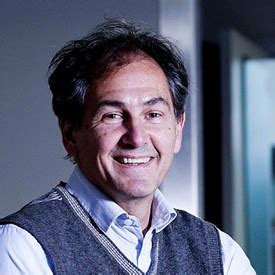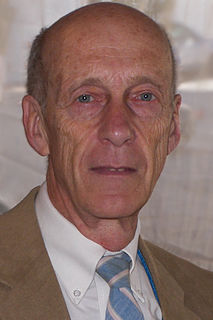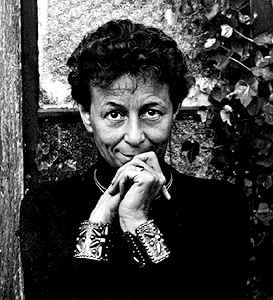A Quote by Deeyah Khan
Extremist movements are driven by their inability to tolerate the basic human fact of pluralism. They refuse to accept the natural cultural and religious diversity of our world, seeking to impose their own beliefs and behaviours as a universal pattern for humanity.
Related Quotes
Loss of genetic diversity in agriculture is leading us to a rendezvous with extinction--to the doorstep of hunger on a scale we refuse to imagine. To simplify the environment as we have done with agriculture is to destroy the complex interrelationships that hold the natural world together. Reducing the diversity of life, we narrow our options for the future and render our own survival more precarious.
Tolerance is a good cornerstone on which to build human relationships. When one views the slaughter and suffering caused by religious intolerance throughout all the history of man and into modern times, one can see that intolerance is a very nonsurvival activity. Religious tolerance does not mean one cannot express his own beliefs. It does mean that seeking to undermine or attack the religious faith and beliefs of another has always been a short road to trouble .
Religion is important for humanity, but it should evolve with humanity. The first priority is to establish and develop the principle of pluralism in all religious traditions. If we, the religious leaders, cultivate a sincere pluralistic attitude, then everything will be more simple. It is good that most religious leaders are at least beginning to recognize other traditions, even though they may not approve of them. The next step is to accept that the idea of propagating religion is outdated. It no longer suits the times.
When I came here [to Malaysia] I heard that there is a problem with the concept of pluralism whereby pluralism is understood in a very narrow way, which I think is wrong. This is not to diminish your sense of truth in what you believe but to acknowledge the fact that we live in a world where we need to deal with pluralism. It's a fact.
It is taboo in our society to criticize a persons religious faith... these taboos are offensive, deeply unreasonable, but worse than that, they are getting people killed. This is really my concern. My concern is that our religions, the diversity of our religious doctrines, is going to get us killed. I'm worried that our religious discourse- our religious beliefs are ultimately incompatible with civilization.
Cultural diversity and cultural change are desirable and inevitable. We are cultural animals, someone without a culture is not human. But the cultures we possess vary enormously. Indeed, the variability, over time and space is the great evolutionary advantage of humanity. Instead of changing biologically over millennia, human beings can change culturally over decades
One reason why I recommend the abandonment of religious beliefs is because I think those beliefs are wrong. There is no evidence that our world was created by divine intention, that a god intercedes in human affairs, or that there is life after death. Religion is a hangover from humankind's timorous infancy; it's time for us to walk upright and unafraid, and to take charge of our own lives.
I believe that to meet the challenge of our times, human beings will have to develop a greater sense of universal responsibility. We must all learn to work not just for our own self, family, or nation but for the benefit of all humankind. Universal responsibility is the key to human survival. It is the best foundation for world peace, the equitable use of natural resources, and through concern for future generations, the proper care of the environment.
The identity of just one thing, the "clash of civilization" view that you're a Muslim or a Hindu or a Buddhist or a Christian, I think that's such a limited way of seeing humanity, and schools have the opportunity to bring out the fact that we have hundreds of identities. We have our national identity. We have our cultural identity, linguistic identity, religious identity. Yes, cultural identity, professional identity, all kinds of ways.
This is another lie. We are only seeking Man. We have no need of other worlds. A single world, our own, suffices us; but we can't accept it for what it is. We are searching for an ideal image of our own world: we go in quest of a planet, a civilization superior to our own but developed on the basis of a prototype of our primeval past.

